Katie Engelhart is a fellow at New America, and she joins us to talk about the doctors who assist patients with their own deaths and the tightrope they walk in doing so.
Read more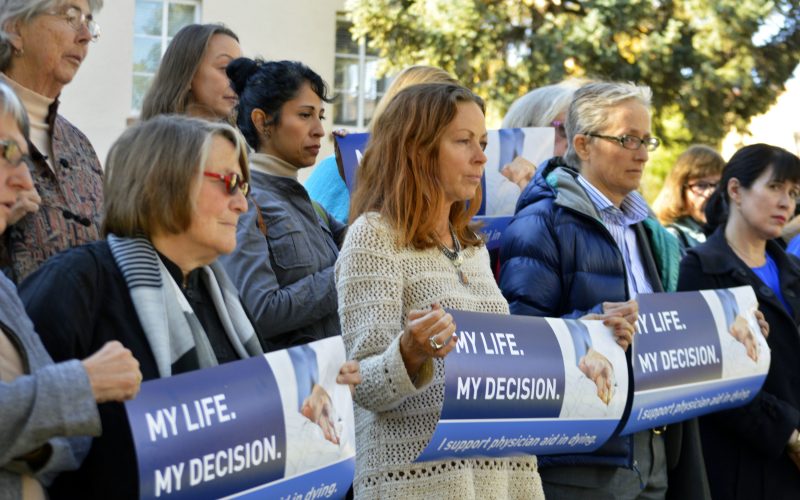


Katie Engelhart is a fellow at New America, and she joins us to talk about the doctors who assist patients with their own deaths and the tightrope they walk in doing so.
Read more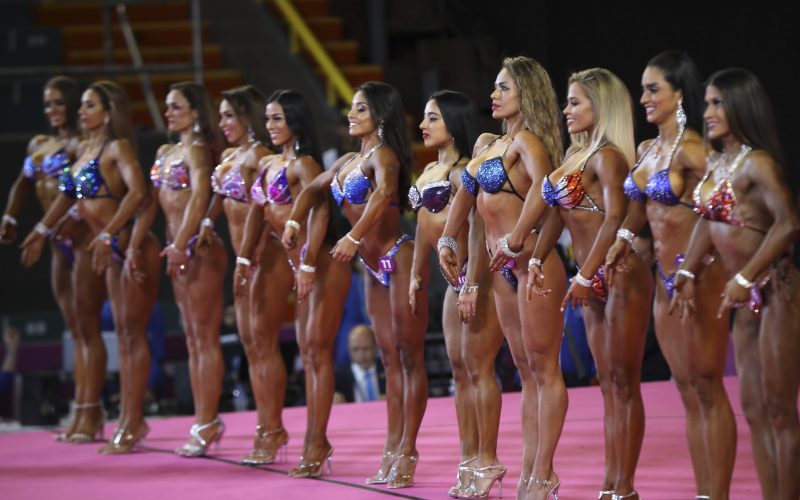
Petra Browne joins us to talk about her own journey into the world of competitive bodybuilding, why exceptional power must come with weight loss, and how traditional female roles still reign supreme in a boundary-breaking sport.
Read more
Jimena Canales of the University of Illinois joins us to talk about the scientific thought process of some of the world’s most brilliant minds, a wild journey into imagination, fear, and theory to make the impossible, possible.
Read more
Michaeleen Doucleff, correspondent for NPR’s Science Desk, joins us to discuss her journeys with her daughter, from the Arctic to the Yucatan, to understand parenting best practices around the world and why American parents may be getting it all wrong.
Read more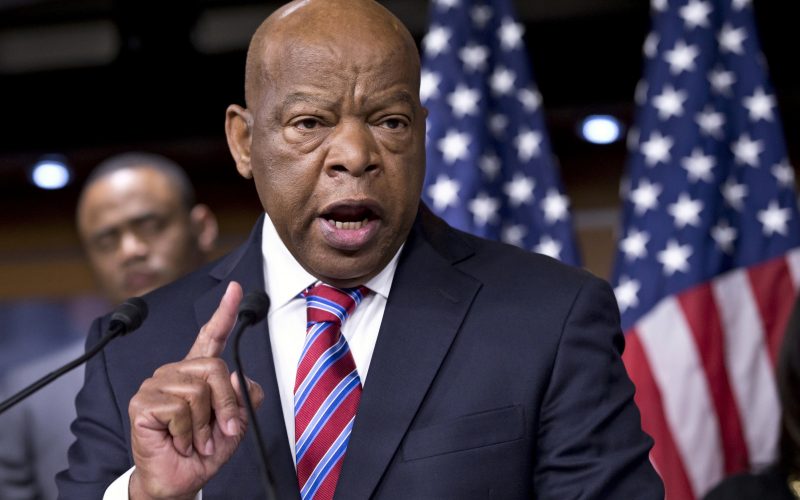
Vann R. Newkirk II, senior editor at The Atlantic and the host of the podcast Floodlines, joins us to talk about how the bill was originally perceived and passed, and what might happen if it again lands at the Supreme Court’s door.
Read more
Lauren N. Henley is an assistant professor of leadership studies in the Jepson School of Leadership Studies at the University of Richmond, and she joins us to tell the story of a girl who went from farm laborer to millionaire overnight in the Jim Crow South.
Read more
Max Besbris, assistant professor of sociology at the University of Wisconsin-Madison, joins us to talk about his research into how “hot” neighborhoods are formed, the agents who market them, and how the system pushes up prices for all homebuyers, creating housing inequities along the way.
Read more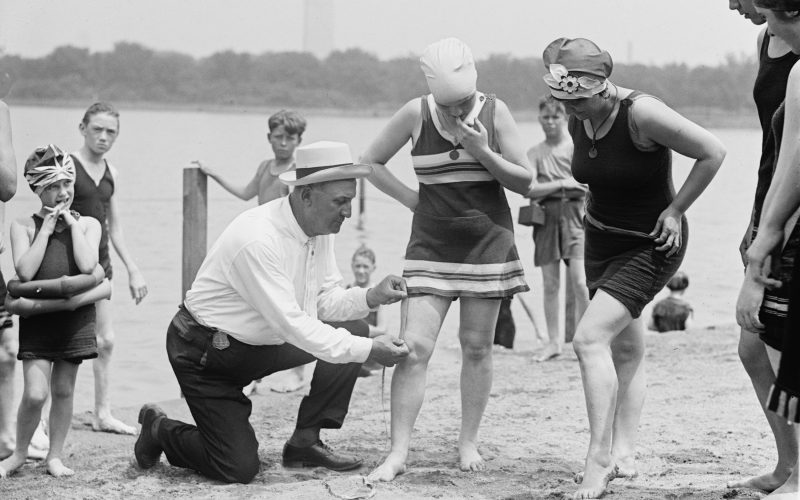
Stanford Law professor Richard Thompson Ford joins us to talk about a long and fascinating list of rules about who could dress in which ways and why, and how they were often used as a cudgel to keep people from rising above their station.
Read more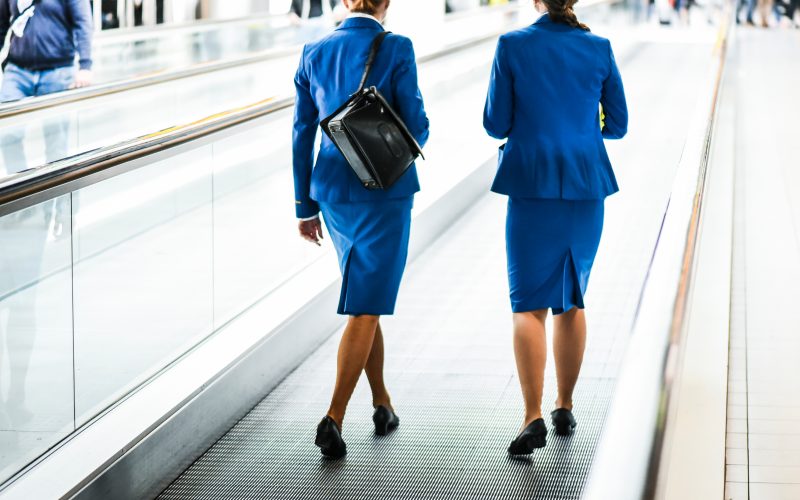
Journalist Darryl Campbell joins us to talk about the modern airline industry and how angry passengers and harsh working conditions are undermining efforts to protect the health and safety of both customers and staff.
Read more
Harriet A. Washington, a lecturer in bioethics at Columbia University, joins us to talk about her research into a patient’s right to decline a procedure and the ethics of forcing experiments or new treatments in the name of research.
Read more
Dr. Ina Park is a medical consultant at the Centers for Disease Control and Prevention, Division of STD Prevention, and she joins us for an open conversation about how STDs are spread and how they affect the body.
Read more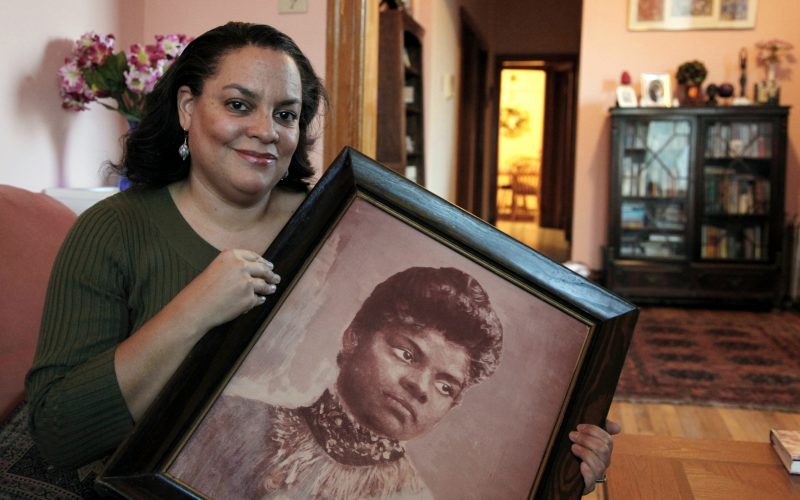
Michelle Duster is a great-granddaughter of Wells, and she joins us to talk about the Civil Rights icon’s strategies for giving a voice to the voiceless and how they might be used in present-day America.
Read more